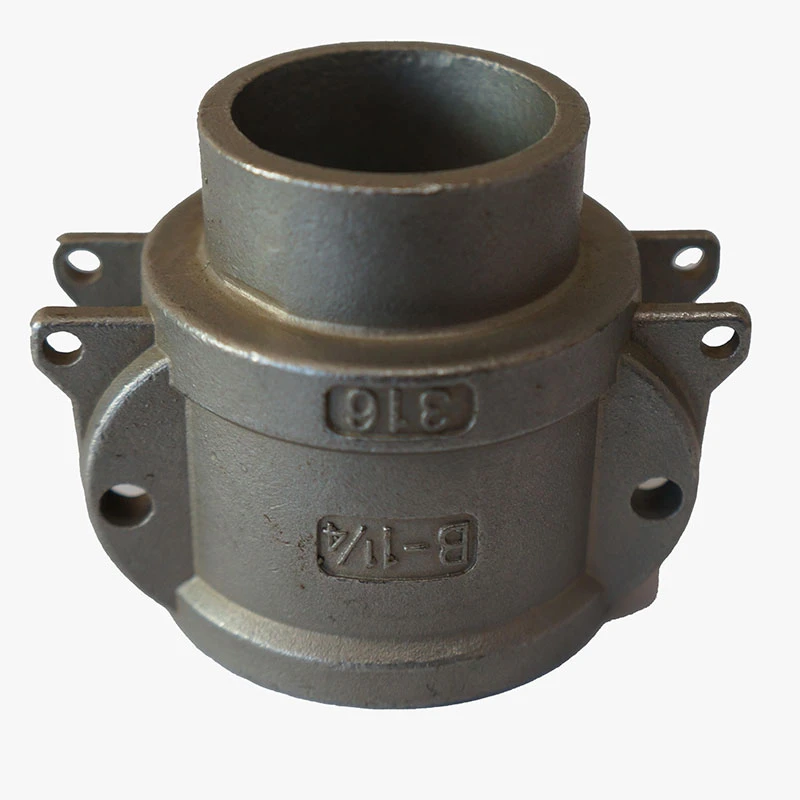Precision Pumping Solutions and Valve Technologies for Optimal Performance and Efficiency
Precision Pumps and Valves The Cornerstone of Modern Engineering
In the realm of modern engineering, precision pumps and valves play an indispensable role, underpinning diverse industries ranging from manufacturing to pharmaceuticals, and from water treatment to oil and gas. Their ability to control the flow of liquids and gases with accuracy and reliability has made them essential components in countless applications.
The Importance of Precision
Precision in pumps and valves is critical. In many industries, even the slightest deviation in flow rates or pressures can lead to catastrophic failures, inefficiencies, or safety hazards. For instance, in the pharmaceutical sector, precision dosing of active ingredients is vital to ensure that medications are both safe and effective. Similarly, in the oil and gas industry, precise control of fluid dynamics is necessary to prevent leaks, explosions, and environmental damage.
Types of Precision Pumps
Precision pumps come in various types, each designed to meet specific requirements. Some of the most common types include
1. Positive Displacement Pumps These pumps move fluid by trapping a fixed amount and forcing it through the discharge. They are known for their accuracy and ability to handle varying viscosities. They are commonly used in applications where precise flow rates are essential.
2. Centrifugal Pumps These pumps use rotational energy to move fluids. While they are generally less precise than positive displacement pumps, advances in technology have led to the development of highly efficient models that can deliver consistent performance in many applications.
3. Syringe Pumps In laboratory settings, syringe pumps are used for precise liquid handling, often in experiments requiring exact dosages. Their accuracy and repeatability make them invaluable in research and development.
4. Peristaltic Pumps These pumps are ideal for applications involving sensitive fluids, as they only come into contact with the tubing, ensuring no contamination occurs. They are widely used in medical devices and laboratory settings.
The Role of Valves in Precision Engineering
precision pumps and valves

Valves are equally important in managing the flow and pressure of fluids within a system. They regulate the conditions under which pumps operate, ensuring that processes run smoothly and efficiently. Some commonly used precision valves include
1. Ball Valves Known for their durability and reliability, ball valves provide quick shut-off and are widely used in applications requiring tight sealing. Their ability to handle high-pressure situations makes them ideal for the oil and gas sector.
2. Butterfly Valves These valves offer a simple, effective way to control flow, utilizing a rotating disc to regulate passage. They are commonly found in water treatment facilities and HVAC systems.
3. Globe Valves With their complex structure, globe valves excel in throttling applications, allowing for fine control of flow rates. They are often used in power generation and chemical processing.
4. Needle Valves Designed for precise flow control, needle valves have a slender, tapered point that allows for fine adjustments, making them suitable for gas and liquid applications where accuracy is paramount.
Technological Advancements
The arena of precision pumps and valves is continually evolving, thanks to advancements in technology. Automation and smart technologies are making these components more efficient and easier to control. Integration with IoT devices allows for real-time monitoring and adjustments, ensuring optimal performance and minimizing waste.
Materials technology has also improved, leading to the development of corrosion-resistant and high-temperature materials that enhance the durability and longevity of pumps and valves. This extends their range of applications and reduces maintenance costs.
Conclusion
Precision pumps and valves are vital to the efficiency and safety of numerous industrial processes. Their ability to control fluid dynamics with remarkable accuracy not only ensures operational efficiency but also protects against the potential hazards associated with fluid handling. As technology continues to advance, we can expect even greater innovations in this field, further solidifying the role of precision pumps and valves as cornerstones of modern engineering. Investing in high-quality, precise components is not just a smart choice; it is imperative for businesses aiming to thrive in an increasingly competitive landscape. Whether in pharmaceuticals, food processing, or energy production, the precision of pumps and valves will continue to influence the future of industrial operations.
-
Aluminium Pressure Die Casting High-Precision & Durable Solutions for Complex PartsNewsJul.08,2025
-
Top Aluminum Sand Castings Manufacturer – Precision Green Sand Castings for Industrial NeedsNewsJul.08,2025
-
Precision Lost Wax Casting Quotes – High Accuracy Custom Parts Lost Wax Precision Casting ServicesNewsJul.07,2025
-
High-Quality Sand Used for Casting - Superior Sand for Sand Casting ProcessesNewsJul.07,2025
-
China Supply High End Metal Stamping Parts Sino - Precision Manufacturing FactoryNewsJul.06,2025
-
High-Quality Automotive Investment Casting Services Precision & Sand Casting SolutionsNewsJul.06,2025















